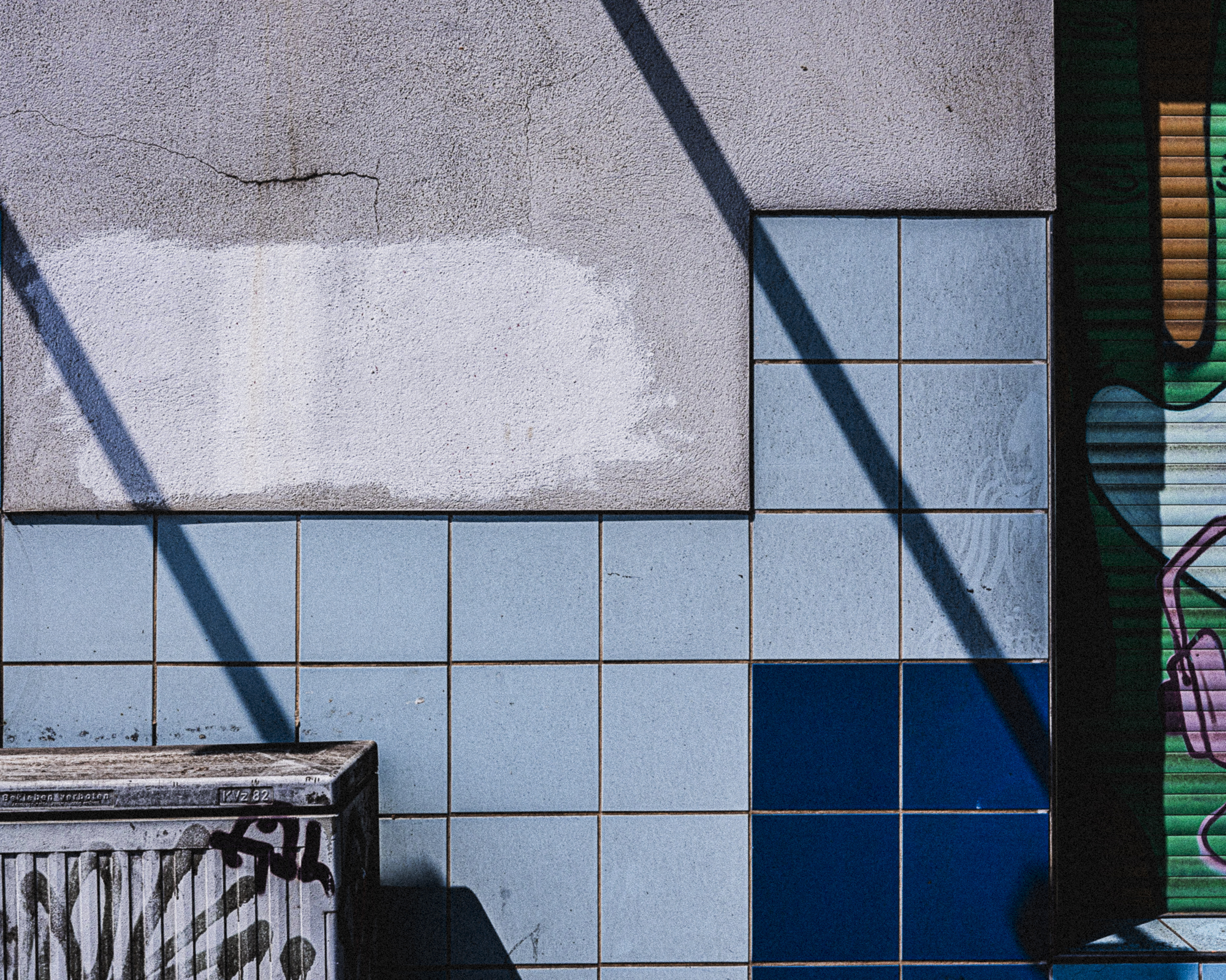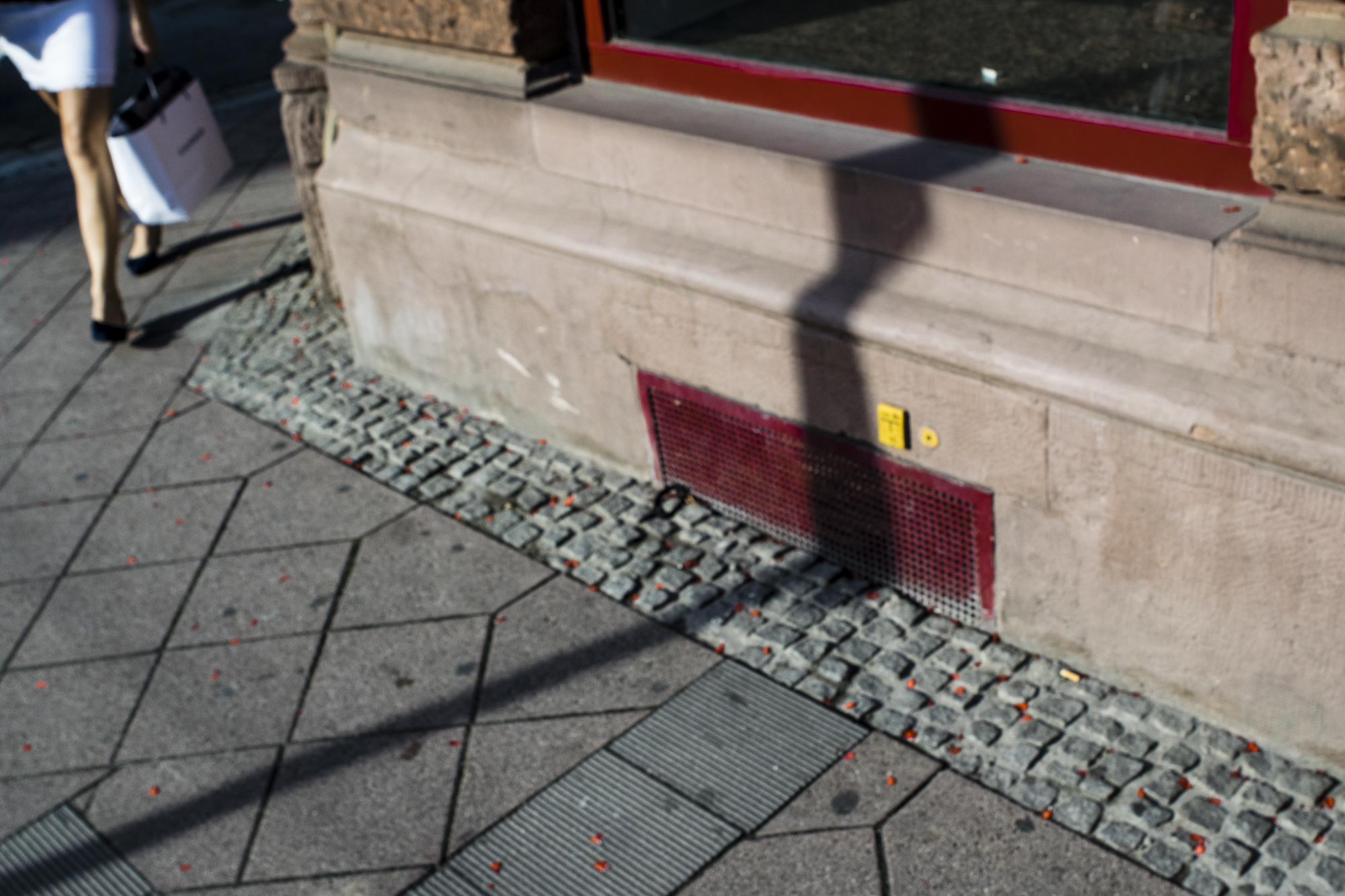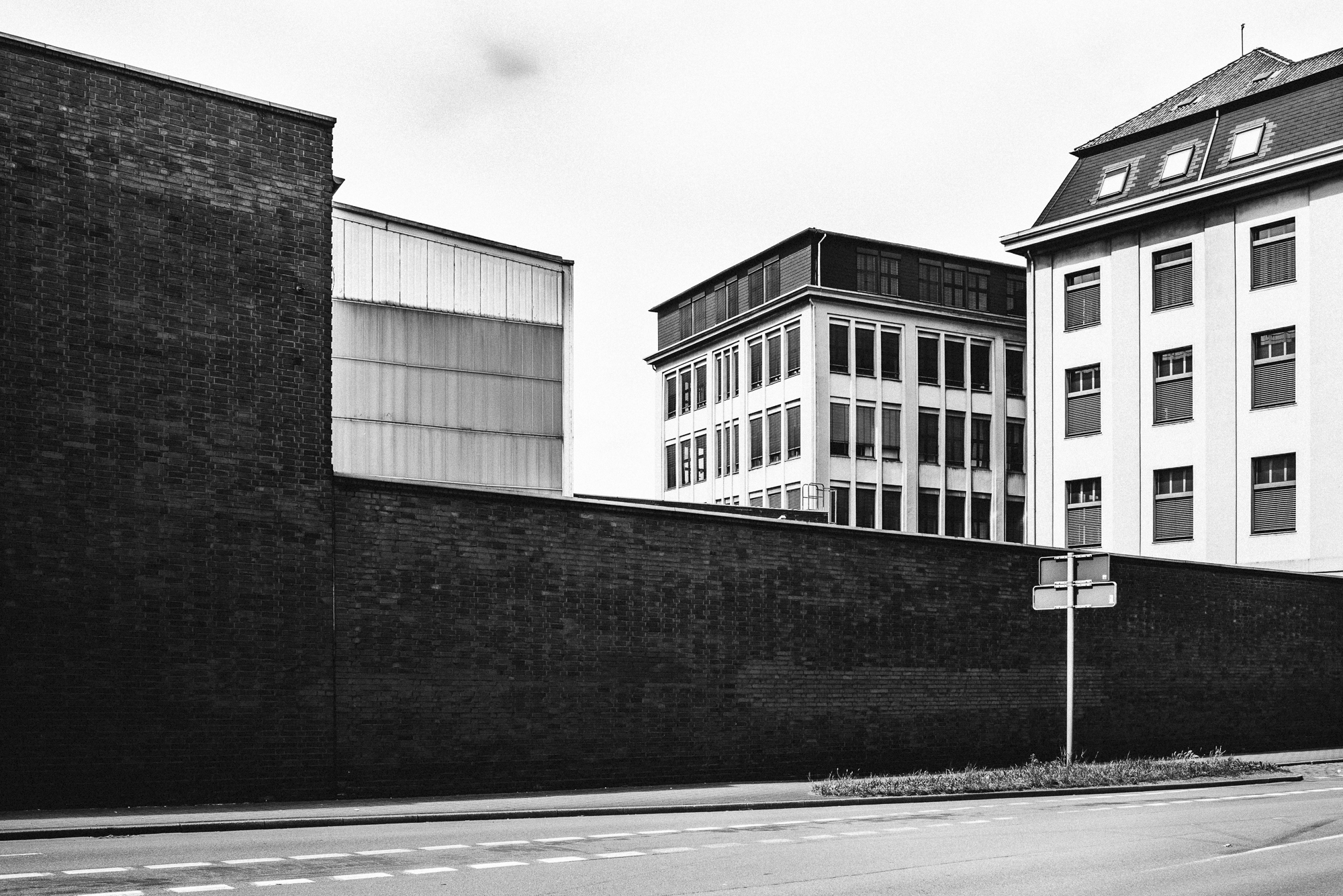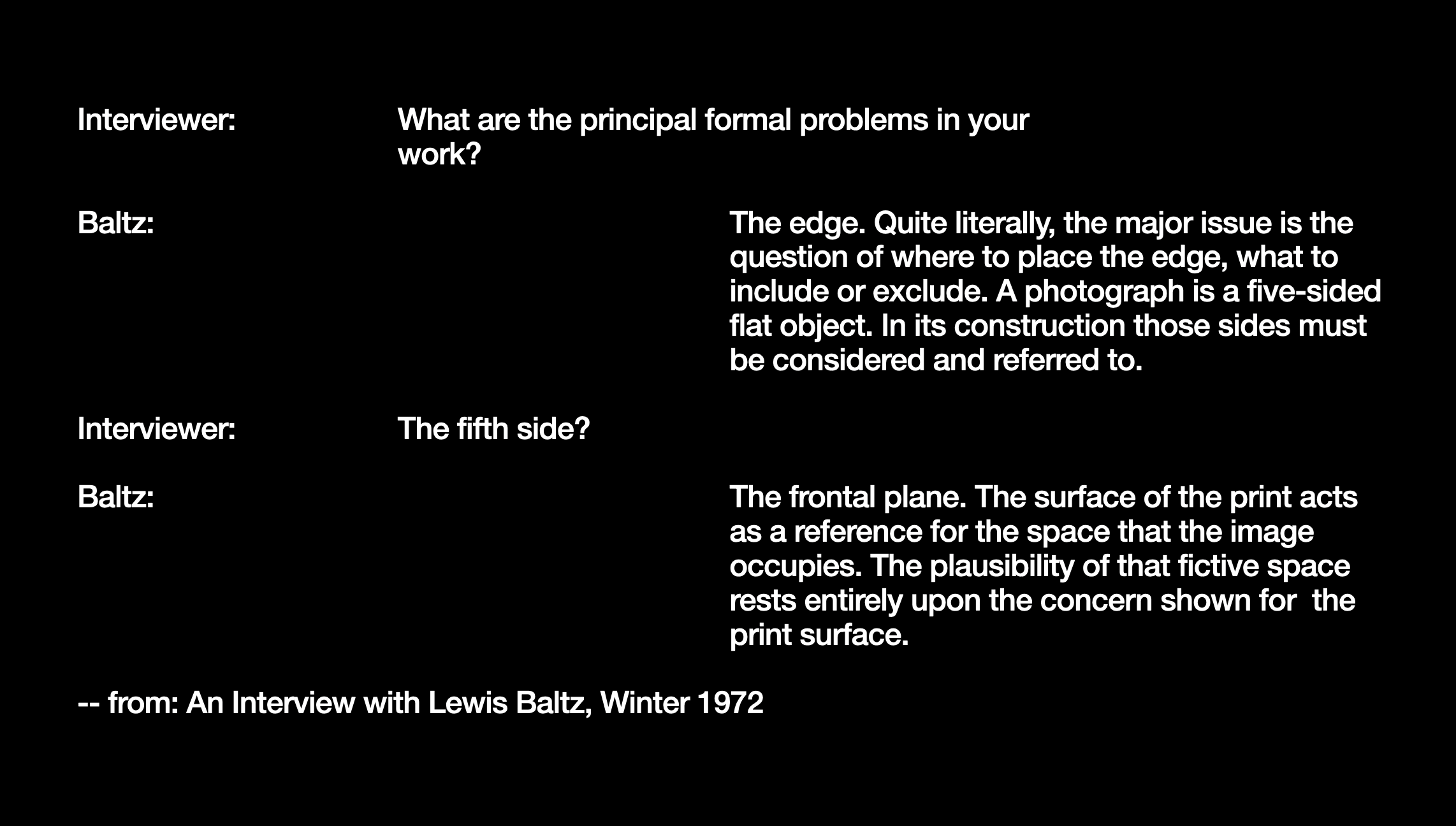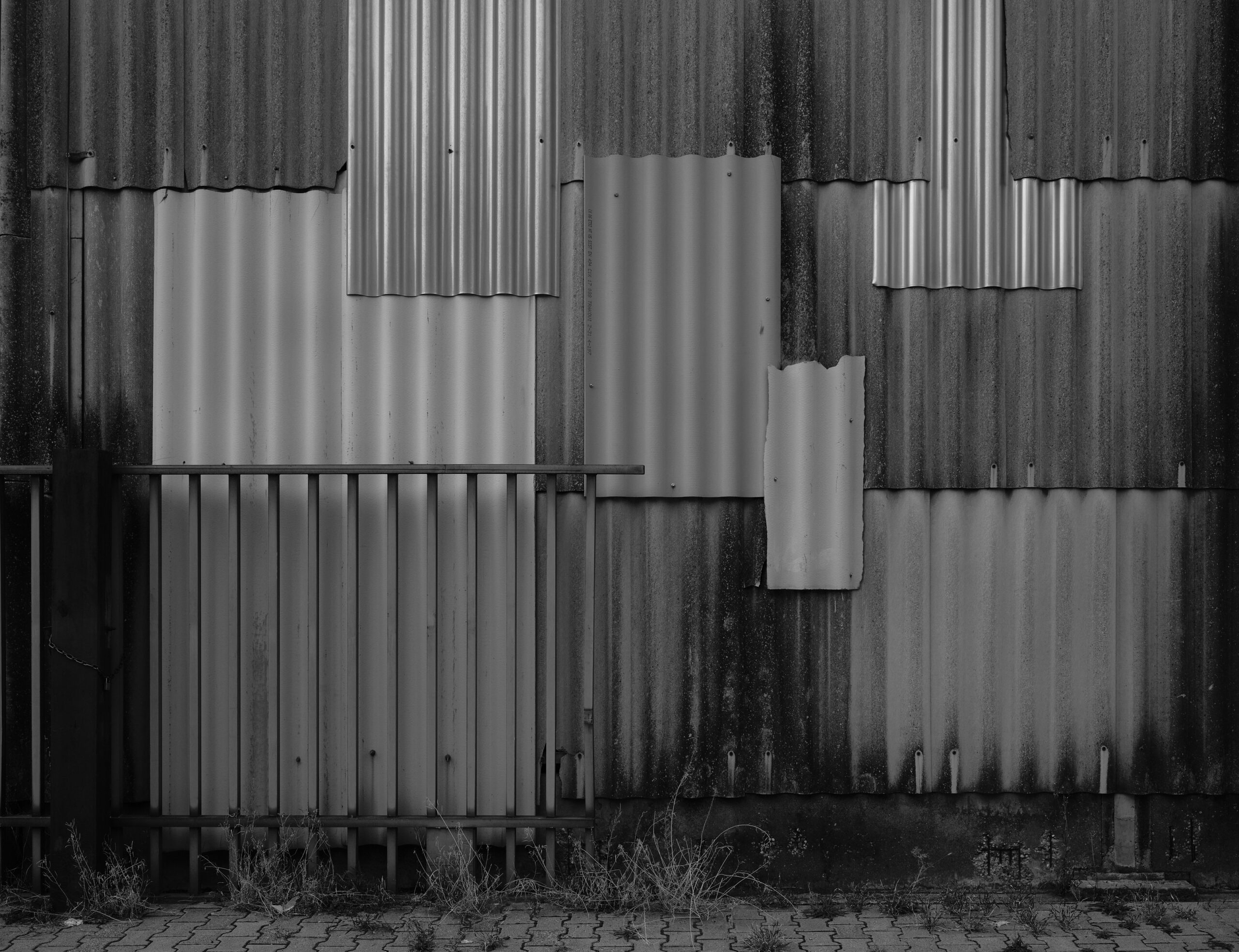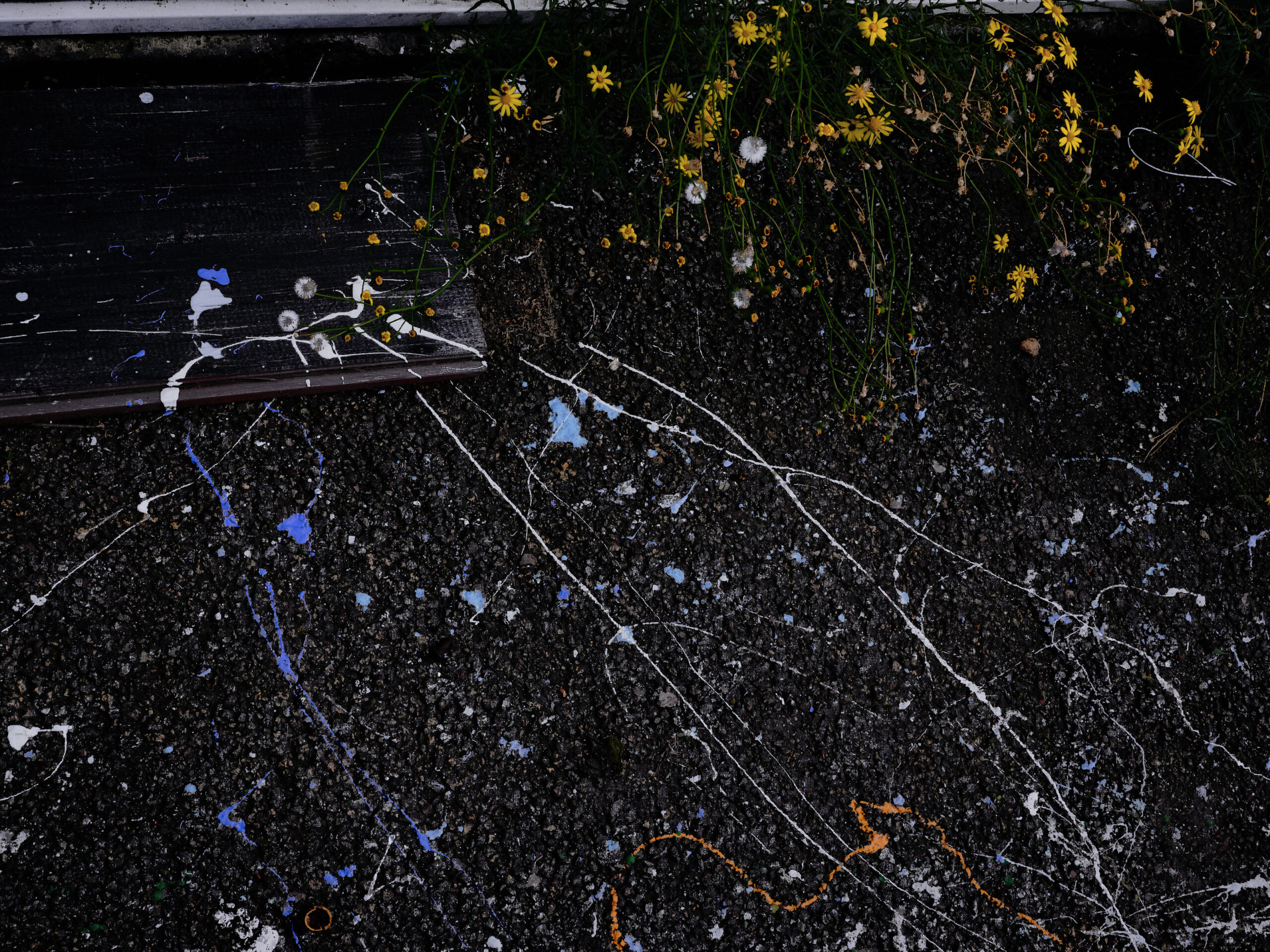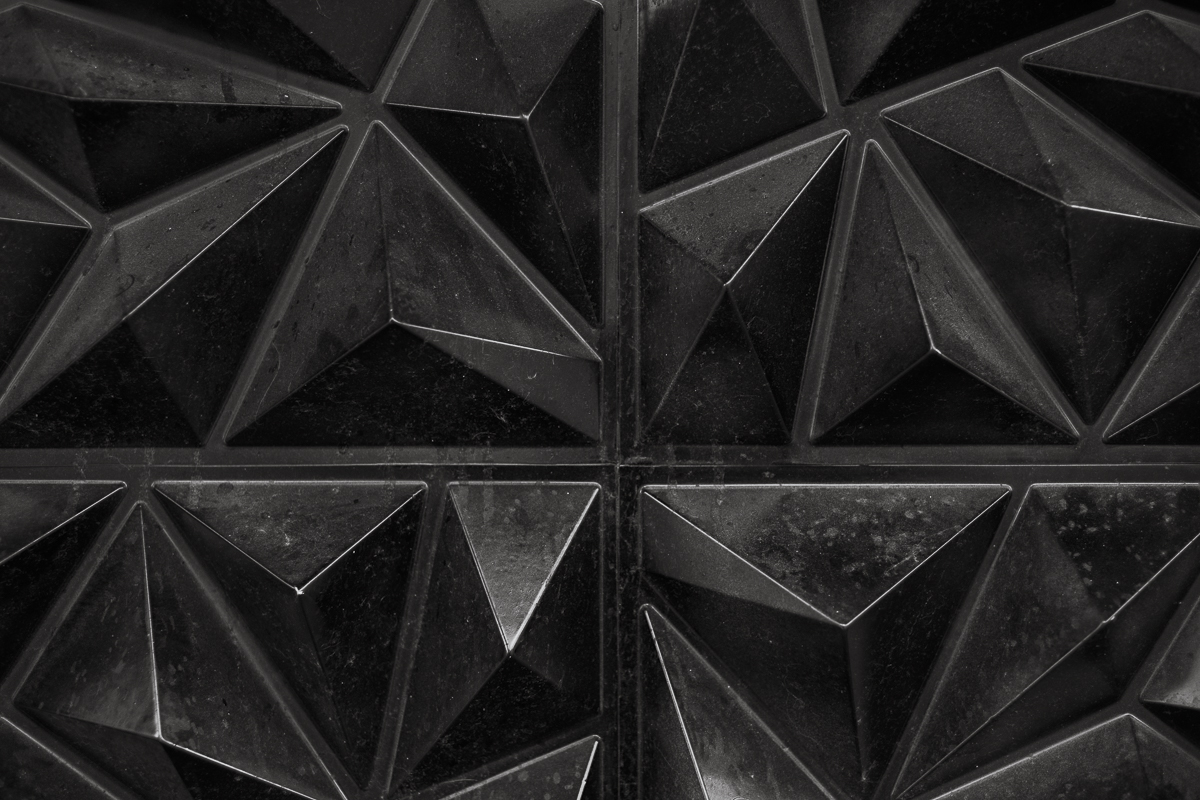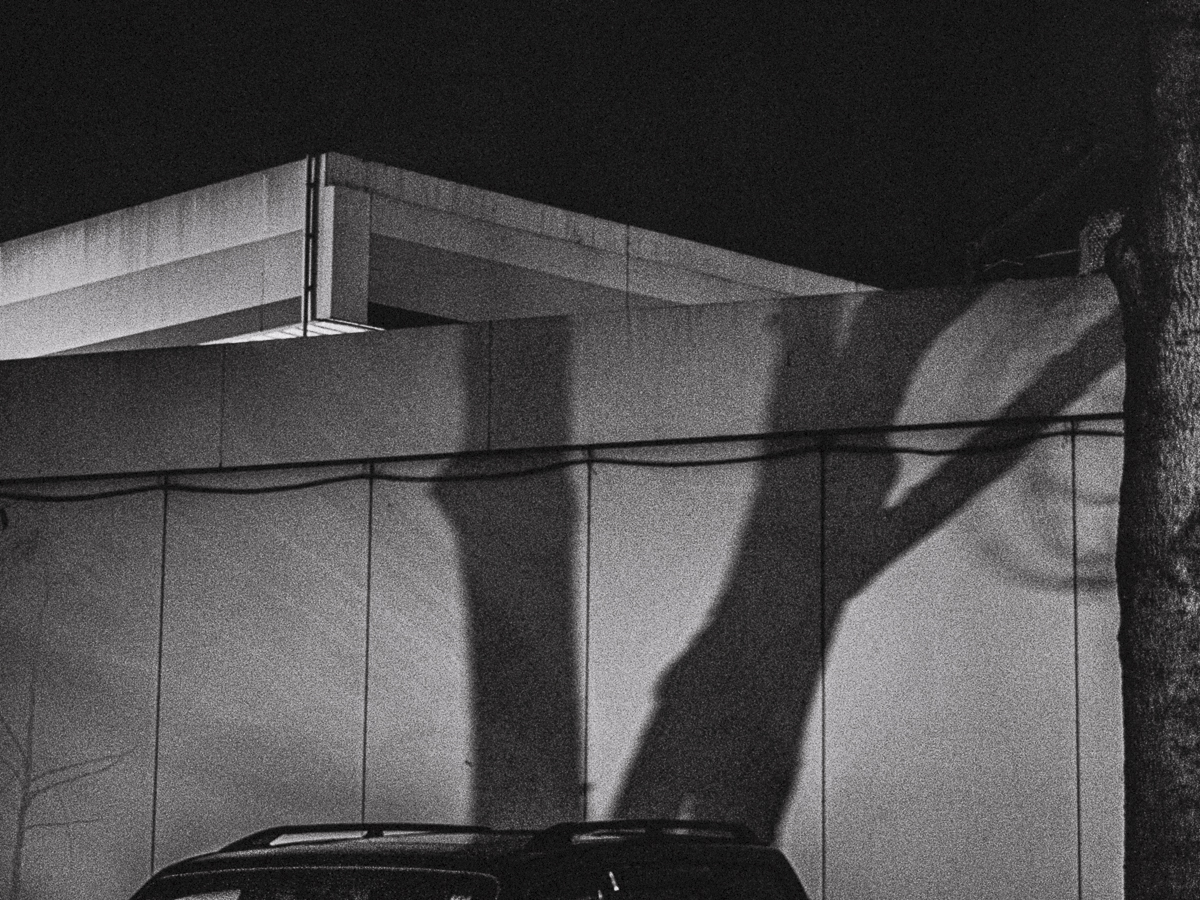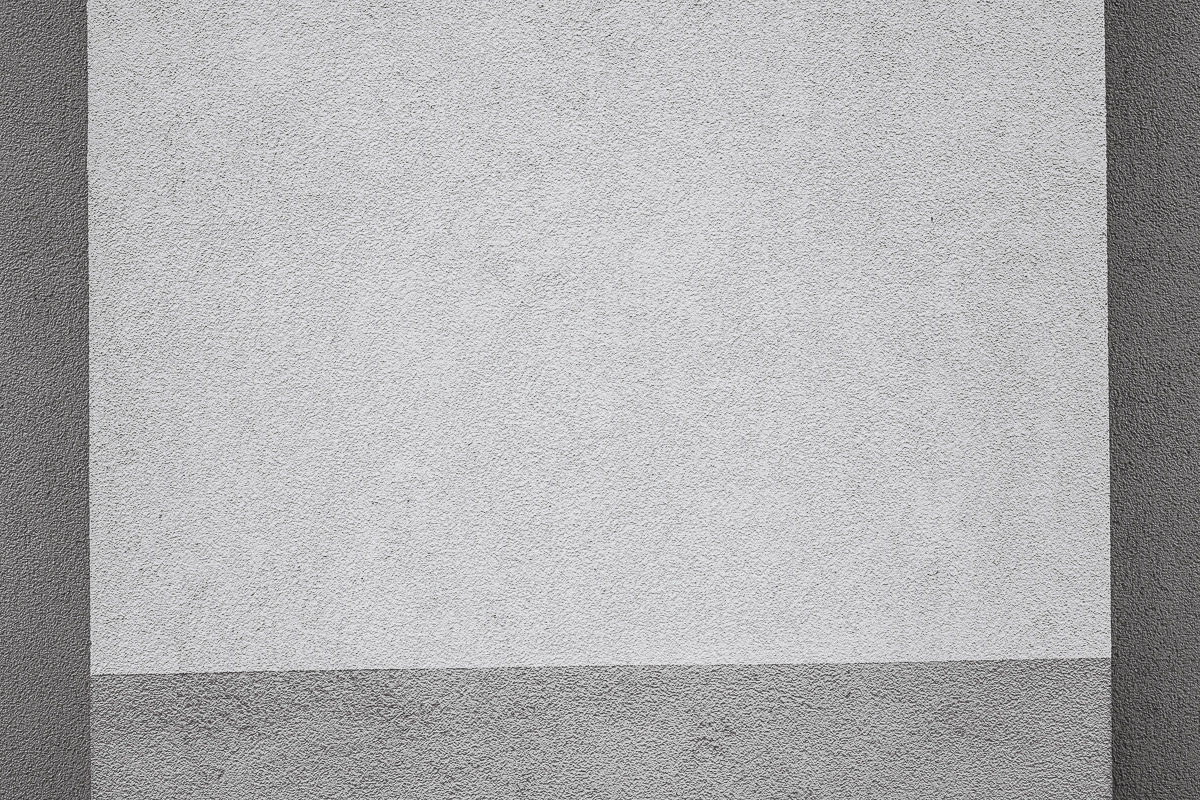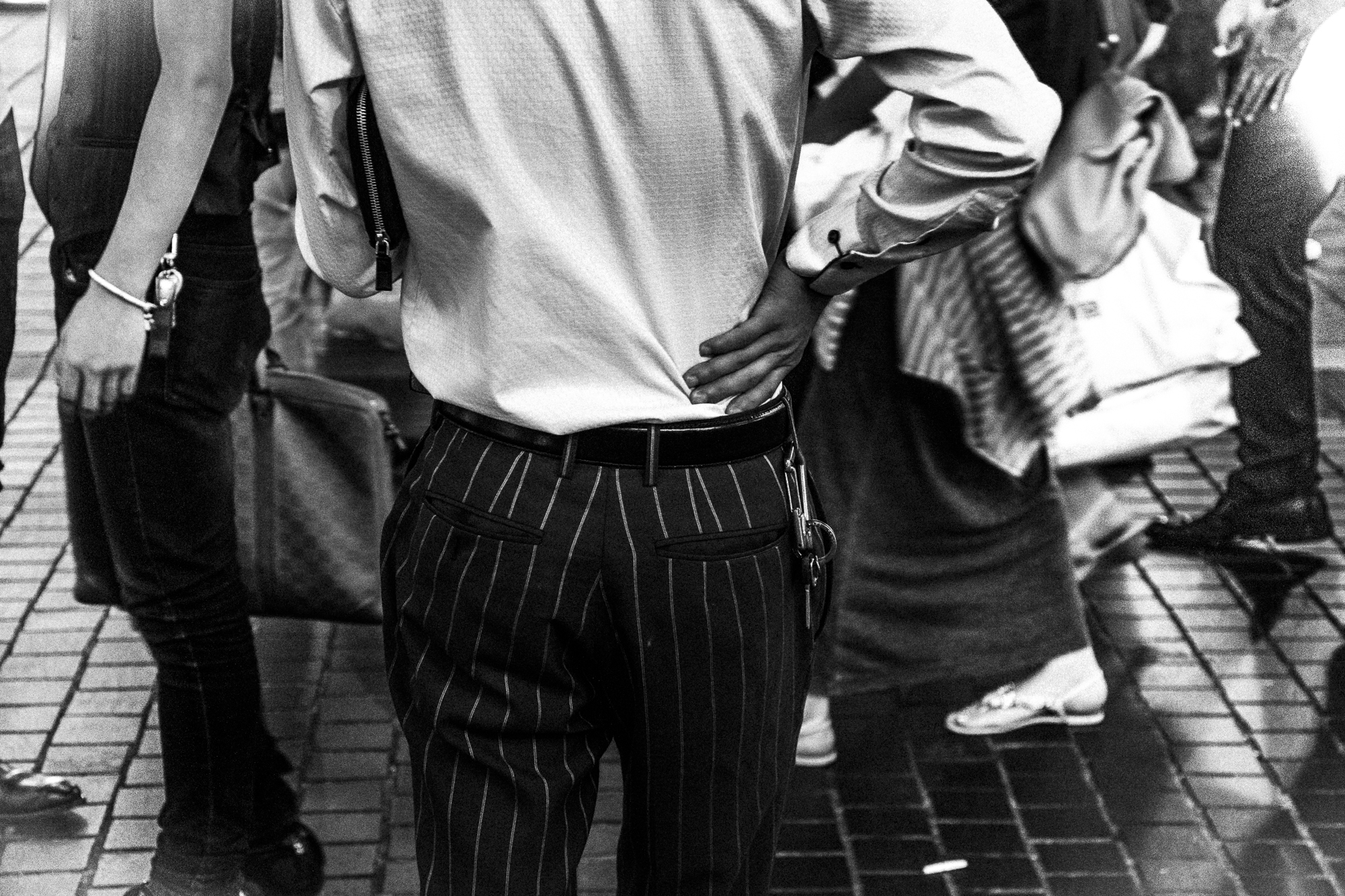
The Camera is an apparatus to shed the light from the dark, the view of the world worth preserving from the one you allow yourself to forget, remember the moment you deem decisive and discard the myriads of constellations you consider irrelevant; the good (picture) from the bad. The camera is a moralistic apparatus.
(and here Fukase has burned his negatives; the arrogance of the photographer who assumes a moral position far above the blaze of this world. He wanted to get rid of himself, but everywhere he turned, he was already waiting for himself in the wings.)
His alcoholic intoxication, the suicide attempt: It is not enough to die; you want to erase yourself from the world as if you never existed.
This impulse that tries to drive us over the edge into banality: The rage against “the good picture.”
It’s difficult to explain, but I like ravens. If I’m reincarnated I want to be a raven.
I’m wishing that I could stop this world. This act[of photography] may represent my own revenge play against life, and perhaps that is what I enjoy most.
— Masahisa Fukase, 1976
